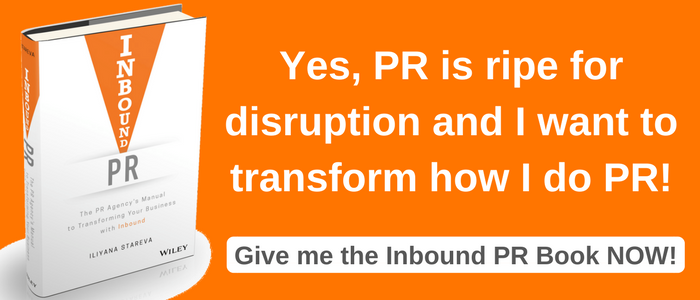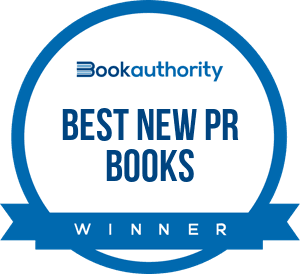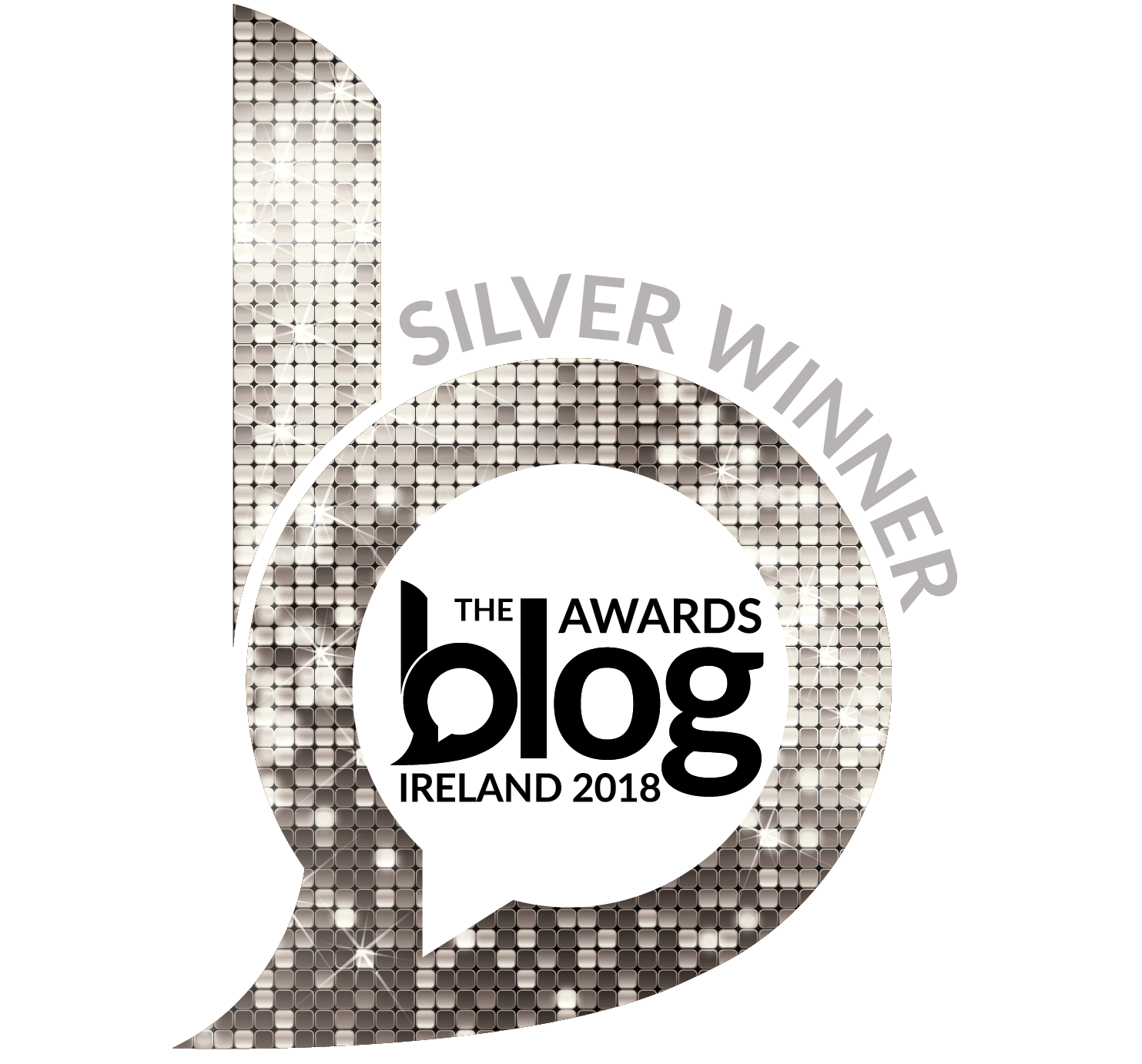Now that you've seen the interviews for my dissertation I conducted with Heather Yaxley, Shelley Fletcher-Bryant, Annie Bowden and Rob Brown, here's the final one to go online (I conducted a few more, but promised to keep them confidential and not publish them).
Below you’ll see the responses  of Alison Theaker. Alison has over 30 years of experience in public relations and management as a practitioner and academic. Currently she is a freelance consultant at The Spark and an Associate Lecturer in Public Relations at London College of Communication. Alison is the author of ‘The Public Relations Handbook’ (a principal PR textbook since the 2000s) and co-author with Heather Yaxley of ‘The Public Relations Strategic Toolkit’ (a must read for anyone in PR). You can follow her on Twitter @thesparkuk.
of Alison Theaker. Alison has over 30 years of experience in public relations and management as a practitioner and academic. Currently she is a freelance consultant at The Spark and an Associate Lecturer in Public Relations at London College of Communication. Alison is the author of ‘The Public Relations Handbook’ (a principal PR textbook since the 2000s) and co-author with Heather Yaxley of ‘The Public Relations Strategic Toolkit’ (a must read for anyone in PR). You can follow her on Twitter @thesparkuk.
Q: How do you think the emergence of social media changed PR? Is it a positive or a negative impact and why?
I think the emergence of social media doesn’t change the nature of what PR is at all; rather it has offered new channels and tools.
I agree with Paul Holmes that for good PR people digital changes nothing. So if you were doing good PR 10 years ago, if you were having conversations with people if you were being open and honest and responsive to people, social media is just a new channel. But first you need to define your objectives. It is ridiculous to say that everyone has to tweet or whatever; you need to know why you are doing it and who you are talking too. A lot of people I think are just doing it in a broadcast way, so not really using it according to the actual idea of social media; and you have this tension, it is SOCIAL media, but you are using it for a BUSINESS purpose. A lot of people just promote and talk about their product but others won’t follow them or listen to them.
People running businesses are responding to this awkward feeling “Oh my God, I ought to be doing this, I should be doing this, I don’t have enough time to do it, oh I’m scared of it, oh I don’t believe in it”, then they may say “nothing’s happened” or “it’s fantastic.” But they still haven’t really thought about what their objectives are for engaging with social media, or how they could be interesting to the people they meet there. If you talk too much about your business, people won’t follow you and you’ve got to be interesting and you’ve got to be generous, and follow the rules of etiquette. A lot of people out there are not following them however. And if you are a PR practitioner representing a company you have to follow these rules. Many aren’t, for example Edelman’s ‘flog’ for Walmart, when a couple was supposedly going around the country and blogging about their experience, but actually they were just two Edelman’s employees doing it in their office – that’s not just damaging the client there, but also the image of PR.
But if you go back to Grunig’s excellence theory, it is a great tool because it gives you the ability to talk directly to your publics, you don’t have to go through the media, you have a direct connection, you can engage and you can respond. So theoretically – fantastic! Actually, it’s not happening enough. So I don’t think it changes the nature of PR, it’s just that people are using that tool and are making some ‘excellent’ PR.
Q: What are the advantages and disadvantages of social media?
In the latest Zerfass European Monitor research, a lot of PR people said that they thought social media was a threat. Many are scared, because if anyone can do social media, why pay for PR. So they think, “If anyone can communicate now, why would they need us?” But they need to realise that it is useful if you use it well and in the right way. It is not instant, though. People who are good at it now, have been doing it for at least two years. Just putting your name out there, let’s say on Facebook, is just advertising, not PR. If the people that you need to talk to are digital natives, it’s great. But if the people that you need to communicate with are digital immigrants, the older generations, they are less engaged, so you need to have other methods as well.
Q: What are the main challenges of measuring PR and social media activities? What do you think is the most effective way of measuring them?
Measurement has always been a big issue, although it is getting better. If you are using Google Analytics or Adwords, you can easily see how many people come to your site and where they have found it, or if they came to it through Facebook, Twitter etc. All the necessary tools for measurement and analysis are out there, but I have rarely come across a PR agency that is really good at it. Engagement is harder to measure; sales we can measure. So it’s important to take note of where engagement comes from. The best PR practitioners plan their objectives and decide on the methods of how to measure them – the tools are there. Gut feeling doesn’t work! More people need to learn how to use the available tools.
Q: How is the industry going to solve this problem?
I don’t think it’s going to happen; it’s not going to solve it. This will continue. And this reflects the reputation of the industry – for example some are changing the name to communications management etc. This ‘licensing’ however doesn’t work. So, we want to call ourselves PR professionals, but if you look at other professions, this is nothing like them. If you get a group of PR people in one room they are never going to agree.
Q: Does this change affect your personal life? Do you spend relatively more time "working", e.g. monitoring social media and networking, in your free time now in comparison to let's say 6 years ago?
Oh no, it hasn’t changed for me; I’ve always been good at separating my personal and professional life. I’m working for myself and the whole point of it is not having to work seven days a week, so whilst I am online most of the time in my working week, I am not on social media longer than I need to be.
Q: Do you think there is a lack of knowledge and skills in social media amont PR practitioners? What are the reasons for this?
Many people just go out there and say “oh look I’ve got 15,000 followers!” but what matters is how you translate this into influence. Many business owners just don’t know WHY they are on social media. And they think it will solve all of their problems but it doesn’t. As always, what works best is a combination of methods and you have to know why you are adding it into that combination.
Q: What are your predictions for the future of the practice and what do you think would be the biggest challenge for the industry?
In all four editions of The Public Relations Handbook since 2001 I have had a chapter on the future of PR. What’s really interesting is what’s changed and what’s stayed the same. We still have reputation issues, we still are going on about measurement and people have finally ‘woken up’ to globalisation. New technology is always a challenge, because there are always new things coming along and you have to learn to use those tools correctly. A single tool is never going to be the only answer. I think what’s really interesting is that, as Kevin Murray has said, we are now in an age of reference where authority plays a smaller role and we are more likely to trust a ‘normal’ person like us. We are referring to other people, we are not necessarily deferring to people with authority. And I believe this is what we will have to deal with. It’s not like at the time of Ivy Lee when you could send your press release and people thought “Oh well, that’s reasonable then.” People now are “No, no, we don’t believe you” and they are less likely to believe a big company now. The more digital communication we have, the more important the human connections are. In social media you have got to have a personality and communicate in a different way. And in another 10 years, we’ll still be talking about reputation, I’m sure.
Want to know more about social media’s impact on PR?
Get the book here. The research was published as a book called "Social Media and the Rebirth of PR". Read it now!







